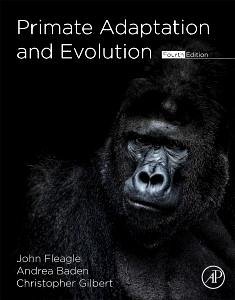Nicht lieferbar

What, if anything, are species?
This book is an extended argument for abandoning the species rank. Instead, the author proposes that the rank of "species" be replaced by a pluralistic and multi-level view. In such a view, all clades including the smallest identifiable one would be named and studied within a phylogenetic context.













